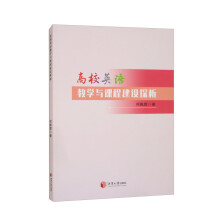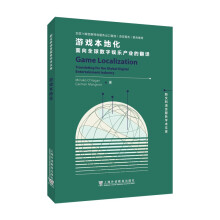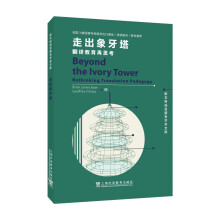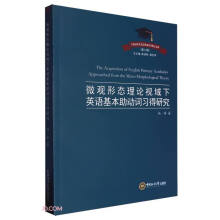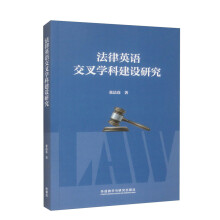It has been seen that Varchi classed poetry with rational philosophy. The end of all arts and sciences is to make human life perfect and happy; but they differ in their modes of producing this result. Philosophy attains its end by teaching;rhetoric,by persuasion; history,by narration; poetry,by imitation or representation. The aim of the poet,therefore,is to make the human soul perfect and happy,and it is his office to imitate,that is,to invent and represent,things which render men virtuous,and consequently happy. Poetry attains this end more perfectly than any of the other arts or sciences,because it does so,not by means of precept,but by means of example.There are various ways of making men virtuous,- by teaching them what vice is and what virtue is,which is the province of ethics; by actually chastising vices and rewarding virtues,which is the province of law; or by example,that is,by the representation of virtuous men receiving suitable rewards for their virtue,and of vicious men receiving suitable punishments,which is the province of poetry. This last method is the most efficacious,because it is accompanied by delight. For men either can not or will not take the trouble to study sciences and virtues - nay,do not even like to be told what they should or should not do; but in hearing or reading poetic examples,not only is there no trouble,but there is the greatest delight,and no one can help being moved by the representation of characters who are rewarded or punished
according to an idealjustice.
For Varchi,then,as for Sir Philip Sidney later,the high importance of poetry is to be found in the fact that it teaches morality better than any other art,and the reason is that its instrument is not precept but example,which is the most delightful and hence the most efficacious of all means. The function of poetry is,therefore,a moral one,and it consists in removing the vices of men and inciting them to virtue.This twofold moral object of poetry - the removal of vices,which is passive,and the incitement to virtue,which is active - is admirably attained,for example,by Dante in his Divina Commedia; for in the Inferno evil men are so fearfully punished that we resolve to flee from every form of vice,and in the Paradiso virtuous men are so gloriously rewarded that we resolve to imitate every one of their perfections.
……
展开

